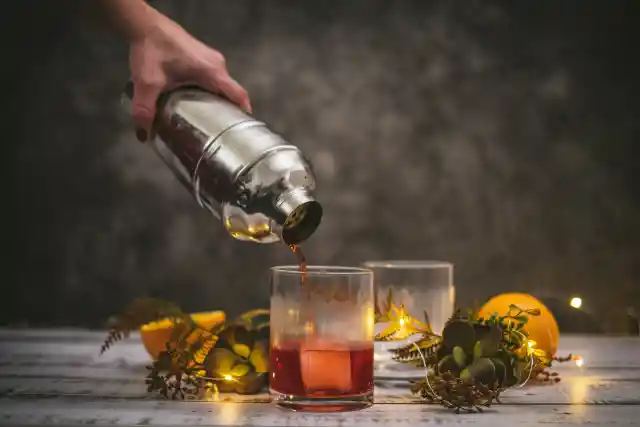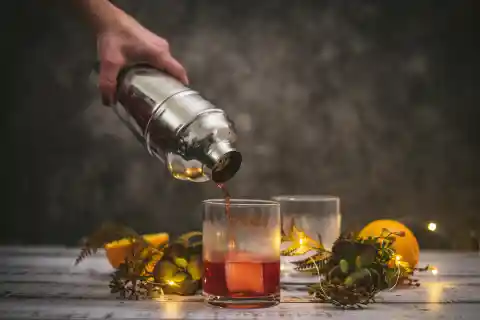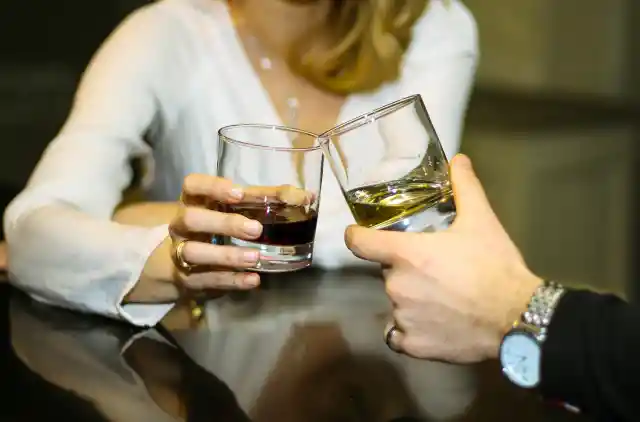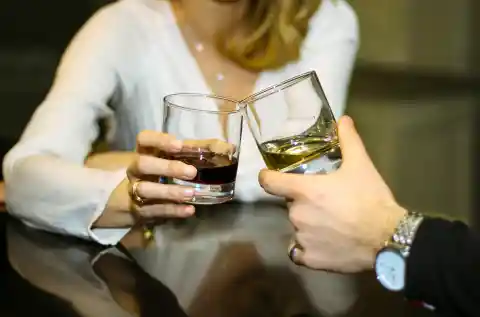Spirits, wines, and sips without alcohol seem to be in demand right now. Why? Influencers, famous people, and health professionals are all advocating for an alcohol-free lifestyle. Whatever the case, you must be wondering about the sober curious movement, which has gained popularity over the past ten years.


Sobriety hasn't always been popular. In fact, efforts to stop drinking alcohol were proven to be so futile that they were given up altogether. In many respects, alcohol plays a central role in our society. From sporting events and weddings to happy hours and networking gatherings, alcohol is used to mark most occasions.
The fact that today's youth are more aware of the health dangers linked to these types of behaviors is one reason contributing to this trend. Their understanding is becoming more diverse as more research is made public and open dialogue is encouraged. Whether it's through a fast Google search, joining TikTok groups like #SoberTok, or conversing with friends and family, it's simpler than ever to learn more about the dangers of drinking.
Nevertheless, given the shift in the narrative, it wouldn't hurt to learn more about the buzz surrounding 'sober curiosity' and if you are fit for it.
What is ‘Sober Curiosity?’
Sobriety is not synonymous with sober curiosity. Alcoholism, alcohol abuse, or an alcohol use disorder can culminate in sobriety, which is completely abstaining from alcohol. Contrarily, sober curiosity is making a decision to reduce or stop drinking completely in order to enhance your body or mind.
2018 saw the release of Ruby Warrington's book "Sober Inquisitive," which is credited as the year the "sober curious" movement got its start.


Sober curiosity is not a competition, diet, religion, or cult; rather, it is a means to investigate your relationship with alcohol. It may seem like a huge commitment, but it's lot more flexible than you may imagine. Some people opt to never drink again, while others decide to only have one drink sometimes.
Remember that there is no shame in enjoying the occasional cocktail or glass of wine while you're discovering ways to drink without becoming wasted. It all comes down to moderation and recognizing when enough is enough so that it doesn't become a problem for you.
Benefits
When you take alcohol out of your life for a certain amount of time, you might have a greater understanding of the function it plays in your life and how important it is to you. Many people report feeling happier and more confident than ever after abstaining from alcohol for several months.
Others find that by concentrating their energies on activities other than drinking, they become more creative. Many persons who engage in sober curiosity also see financial gains as a result of their effective reduction of alcohol-related costs.
Some major benefits of sober curiosity re:
· lower blood pressure
· weight loss
· better sleep
· better insulin resistance
· clearer skin
· increased energy
The advantages to our mental health or wellness give us time to consider why we might feel pressured to drink in social or professional contexts and provide us the assurance to realize that alcohol is not required as a social prop or stress reliever.
If we drink to relieve stress, we could be motivated to find natural alternatives that have comparable coping effects, such as deep breathing exercises, meditation, or physical activity.
How to Practice Sober Curiosity?
The idea that we can't interact with others without alcohol is one of the major barriers to adopting a sober curious lifestyle. It's a widespread fallacy in our culture that we need a drink to enjoy ourselves with friends, go on dates, or get through family meals.
But a little imagination may help you in stepping beyond your comfort zone and learning new alternatives to present yourself.
Exercise: Exercise boosts endorphins, the brain's "feel-good" chemicals. It could serve as a suitable substitute for the endorphins that alcohol use causes to be released. If you'd want to include more fitness in your life, you may search for courses in your area or at a nearby gym, make a friend call, and go for a walk in a park.
Control your surroundings: At first, try to stay away from venues where alcohol is the only drink served, like bars or parties. Try to concentrate on activities that don't center around drinking.
Avoid drinking buddies: If you have friends that have difficulty regulating their drinking, try to minimize or eliminate interactions for a period. These people could put pressure on you to drink, and they might not appreciate your decision to cut back or stop.
Try Hobbies: You may try substituting a new hobby for the time you used to spend around booze. The most beneficial activities are frequently those that you are aware bring you significance, pleasure, or a sense of mastery. These improve mood and divert your attention from alcoholic impulses.
Practice urge surfing: Even if you're not an alcoholic, chances are you'll occasionally have some cravings. So, devise a strategy for identifying your desires and letting them pass. In the end, you want to keep the need under control and choose a better option. C ravings will eventually go.
Be in the company of supportive friends: During this transitional period, be selective in who you spend your time with. Instead of spending time with individuals who would criticize or put pressure on you, try to spend more time with those who you know will respect your decision to cut down or stop drinking.